The Report, released yesterday to over 900 industry professionals, surveyed 240 suppliers across major product categories for residential and commercial construction on logistics, price impacts, the sustainability of New Zealand’s supply chain, operating in a global market, and staffing.
The survey was conducted by EBOSS, which works with leading building product suppliers to assist in material selection by specifiers and is trusted by 30,000 architects, designers, builders, sub-trades, council planners and engineers, supported by BRANZ and funded by the Building Research Levy.
The aim of the survey, carried out in July, was to provide data on the current and future state of the building product supply chain and help specifiers and builders to better plan ahead.
It is the largest known survey of the New Zealand construction and building industry to date, focused on the state of the current product supply chain to the construction industry — an industry impacted by the challenges posed by the Covid-19 pandemic.
The EBOSS 2021 Construction Supply Chain Report Key Findings:
- 8 out of 10 suppliers were having issues supplying the market.
- 90% of construction products sold in New Zealand are either imported finished products or manufactured locally from at least some imported components. The vast majority (70%) of building products sold are imported as finished goods, while the remaining 20% are manufactured locally but depend on imported components.
- 91% of those who rely on imports say they’re experiencing issues supplying the market, compared to just 58% for those wholly reliant on domestic supply.
- 40% of suppliers don’t have enough staff to meet current demand and 56% say they don’t have enough staff to meet future demand
- 67% of suppliers surveyed say the increased cost of freight is their biggest issue (regarding their ability to supply their products), followed by worldwide shipping issues (65%), freight lead times (65%) and delays at NZ ports (62%).
- 94% report the cost to buy materials from overseas has increased in the past 6 months (including both freight and supply cost increases) — 50% say this has ‘increased significantly’, 44% say this has increased slightly. 84% expect prices to increase over the next six months (27% significantly, 57% slightly).
- 84% have increased the cost to customers and 16% haven’t made any changes to the cost to customers. 79% expect further increases to the cost to consumers over the next 6 months.
“Those who work in the industry have told us that freight costs, particularly shipping, have increased significantly in the past six months — it is common to hear of increases of over 100 percent,” says EBOSS Managing Director, Matthew Duder. “Freight issues are experienced by four out of five suppliers. Suppliers are constrained by the ongoing impacts of Covid, and a demand boom in both New Zealand and around the world.”
The number of dwelling consents in New Zealand are at an all-time high, with BRANZ forecasting new residential building consents to stay at record levels of over 40,000 for the next four years, but the problems around supply and staffing may not meet this growing demand.
EBOSS’ Report confirms the construction industry is being hit hard with ongoing price increases, and delays in the supply of products. Many suppliers do not appear to be able to pass the full cost of materials and freight increases on to the customer, meaning margins are tight and businesses are taking a hit.
“Builders would be very brave to commit to new fixed price build contracts with such uncertainty on the future cost of materials,” says Duder.
It’s estimated that more than 50% of all new dwelling building sites (excluding addition and renovation work) will be able to start up again as parts of the country shifts to Level 3 today*.
However, the supply chain out of Tāmaki Makaurau will be extremely limited while the city remains at Level 4, contributing to almost certain delays across the regions.
The EBOSS 2021 Construction Supply Chain Report provides considerations for better outcomes for the industry, such as increasing infrastructure at all New Zealand ports, investment in local manufacturing and greater efficiency of local councils to consent and inspect building work.
With 40% of suppliers surveyed saying they don’t have enough staff to meet current demand and 56% indicating they don’t have enough staff to meet future demand, the Report recommends immigration restrictions be eased for skilled and required workers. Recent increases in the minimum wage and sick pay have further impacted costs to supply to the market.
The Report champions supporting NZ-made initiatives and calls for more support of the manufacturing and construction tech sector. The use of AI for project management and design will give better tools for forecasting and provide greater lead times for the preparation for materials.
“Our research shows what we’ve been hearing for a while now — that change is needed in the industry,” says Duder. “We’re confident this data will help specifiers and builders to better plan ahead as the issues around supply look to continue for the next six months, at least.”
Click here to download a PDF or read the full report online
Written by Linda Shackelford, Director, Expand PR











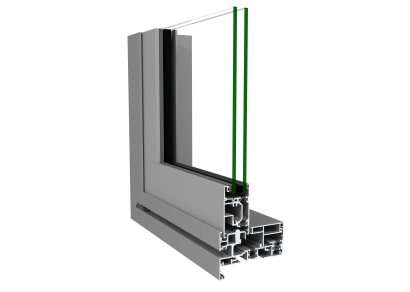

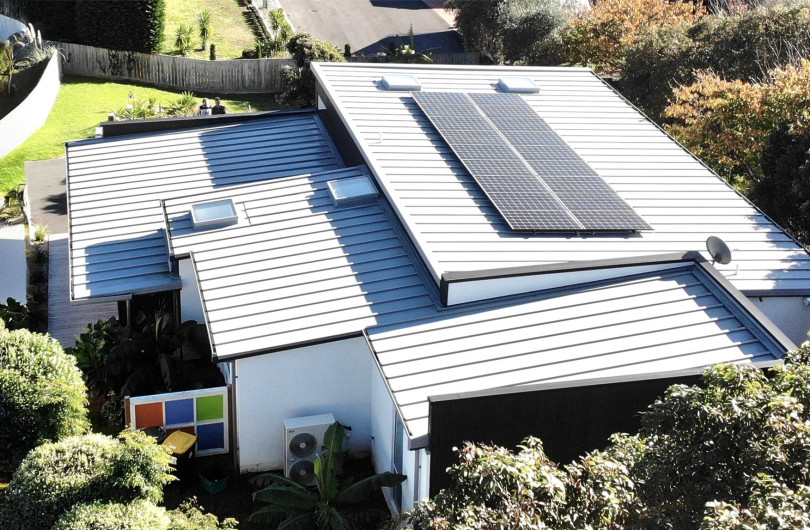
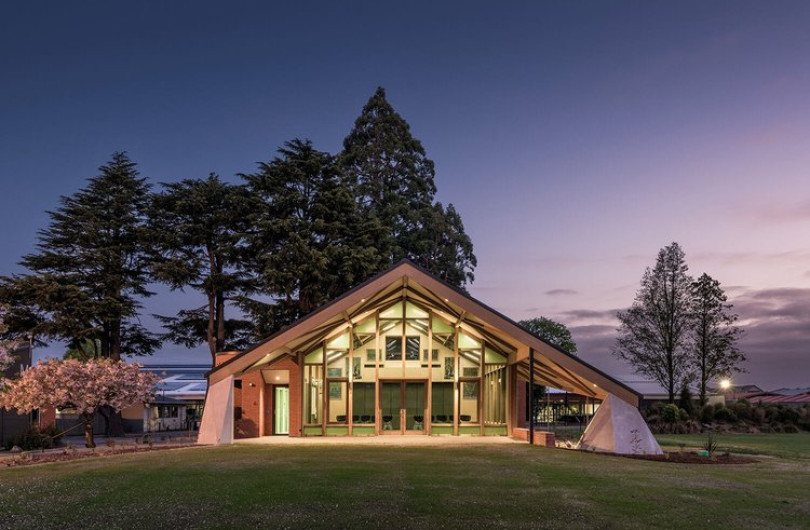



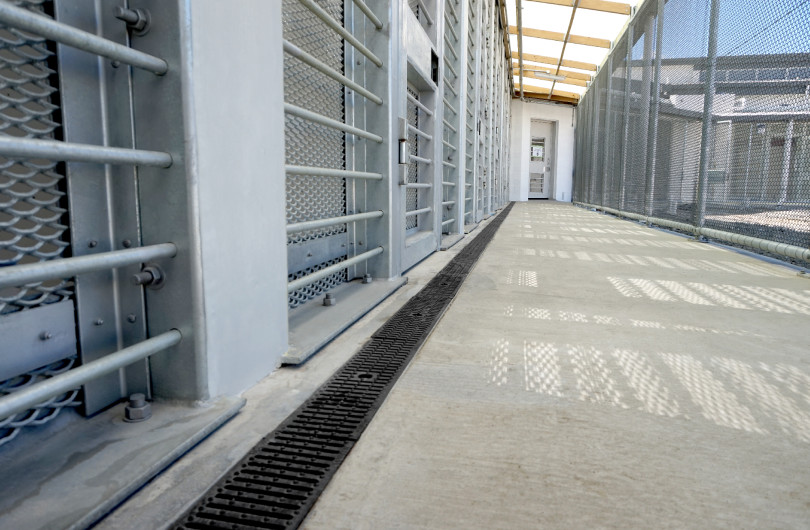






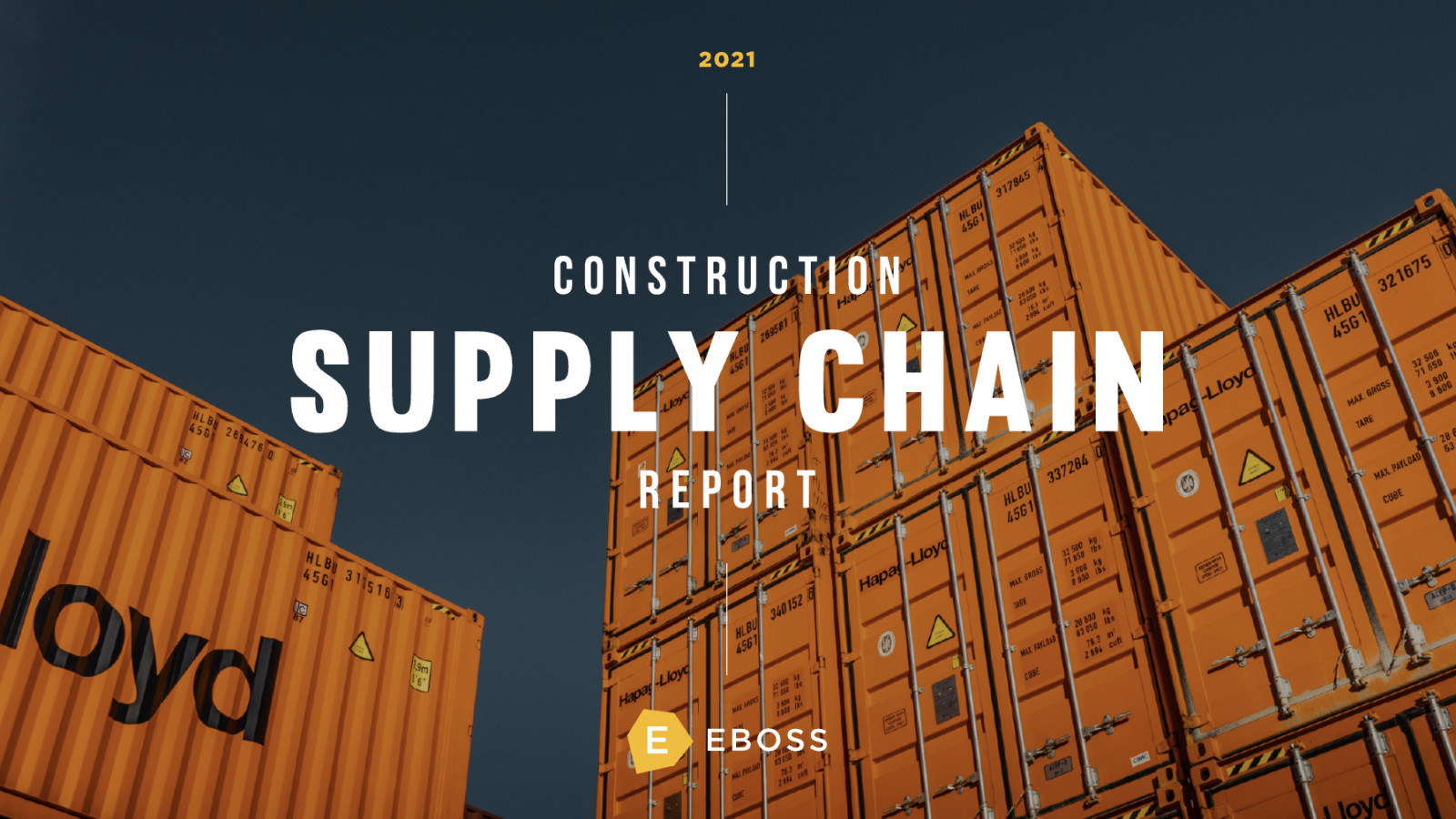



 Most Popular
Most Popular Popular Products
Popular Products


